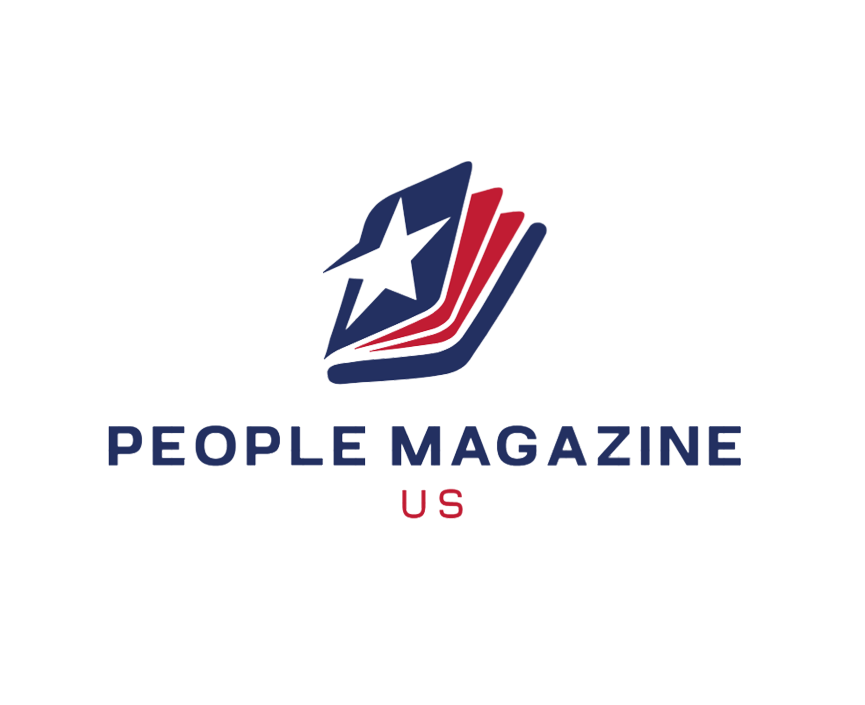Recently, the 3M Earplug Lawsuit has drawn significant public scrutiny, drawing light to an important issue affecting military veterans’ well-being. According to allegations contained within this lawsuit against 3M (an established manufacturer) regarding defective earplug supply to U.S. service members leading them to hearing loss and related injuries during service enlistments and subsequent demobilizations. This article seeks to shed some light on this ongoing legal battle while exploring its background, implications for veterans, corporate responsibility issues related to veterans’ health as well as how this litigation affects corporate responsibility within the corporate responsibility framework in general terms compared with respecting veterans’ wellbeing issues in general.
Background of the 3M Earplug Lawsuit
The story begins with the United States military’s efforts to protect the hearing of its service members in high-noise environments, such as combat zones and training exercises. In 2003, the military entered into a contract with 3M to provide earplugs designed to offer dual protection – allowing soldiers to hear commands while blocking out harmful noise levels. These earplugs, known as the Dual-Ended Combat Arms Earplugs (CAEv2), were issued to countless military personnel between 2003 and 2015.
The allegations in the lawsuit center around claims that 3M was aware of defects in the design of the CAEv2 earplugs but failed to disclose this information to the military. It is argued that these defects rendered the earplugs ineffective in providing the intended protection, leading to hearing damage among service members who relied on them.
The Impact on Veterans
The consequences of hearing loss extend far beyond the immediate impairment of one’s ability to hear. For military veterans, compromised hearing can result in a diminished quality of life, affecting their personal relationships, professional opportunities, and overall well-being. Hearing loss is also linked to mental health issues, including depression and anxiety, creating a complex web of challenges for those who have served in the armed forces.
Many veterans affected by the alleged defects in the 3M earplugs have reported experiencing tinnitus, a condition characterized by persistent ringing or buzzing in the ears. Tinnitus can be not only physically uncomfortable but emotionally distressing, further exacerbating the mental health struggles that some veterans already face post-service.
Legal Proceedings and Settlements
As the magnitude of the issue became apparent, a wave of legal action unfolded against 3M. Thousands of veterans and service members joined the lawsuit, seeking compensation for the hearing loss and related injuries they attributed to the defective earplugs.
In 2018, 3M settled with the U.S. Department of Justice for $9.1 million to resolve allegations that the company knowingly sold defective earplugs to the military. However, this settlement did not compensate individual service members. Subsequently, a multi-district litigation (MDL) was established, consolidating the numerous individual lawsuits into a single legal process. In 2019, 3M agreed to a global settlement of $67 million to resolve the claims of the military personnel affected by the earplugs.
The Significance of the 3M Earplug Lawsuit
The 3M Earplug Lawsuit has far-reaching implications beyond the financial settlements. It highlights the importance of corporate accountability, particularly in industries that supply essential equipment to our military forces. When corporations prioritize profits over the safety of those who protect our nation, it raises questions about ethical practices and the need for stringent oversight.
The case also underscores the unique challenges faced by veterans in seeking justice for injuries sustained during their service. The legal process can be daunting, requiring significant time and resources. Veterans affected by defective products may find themselves battling not only the physical and mental consequences of their injuries but also navigating a complex legal landscape.
Corporate Responsibility and Military Contracts
The 3M Earplug Lawsuit prompts a broader discussion about the responsibility of corporations when entering into contracts with the military. The products supplied to armed forces are expected to meet stringent quality and safety standards, given the life-and-death nature of military operations. When corporations fall short in delivering on these standards, the consequences can be severe and lasting.
It is crucial for companies engaging in military contracts to prioritize transparency and integrity in their dealings. The trust placed in manufacturers by the military must be reciprocated with a commitment to providing equipment that genuinely meets the needs and safety requirements of service members. In the aftermath of the 3M earplug controversy, there is likely to be increased scrutiny of corporate practices in military procurement, with an emphasis on accountability and ensuring that such incidents do not recur.
The Future of Military Equipment Procurement
The 3M Earplug Lawsuit serves as a wake-up call for both the military and the corporations supplying equipment. As technology advances, the complexity of military gear increases, necessitating thorough testing and evaluation to ensure effectiveness and safety. The case raises questions about the vetting process for military equipment and the need for ongoing monitoring to identify and address any issues that may arise after deployment.
Moving forward, there is an opportunity for the military to reevaluate its procurement processes and strengthen the mechanisms for holding contractors accountable. This includes not only initial testing and approval but also continuous monitoring and evaluation of equipment throughout its lifecycle. Moreover, the military may consider diversifying its sources of procurement to reduce reliance on a single supplier, mitigating the risks associated with potential defects or failures.
To Sum Up:
The 3M Earplug Lawsuit serves as an important reminder of the difficulties military veterans encounter when seeking justice for injuries sustained during service, while at the same time acknowledging corporate responsibility and providing rigorous oversight in military procurement. As we consider its implications, we must prioritize their well-being so they receive support and protection in return. These proceedings also catalyze change by prompting reevaluations of how military forces will be equipped and protected going forward.



